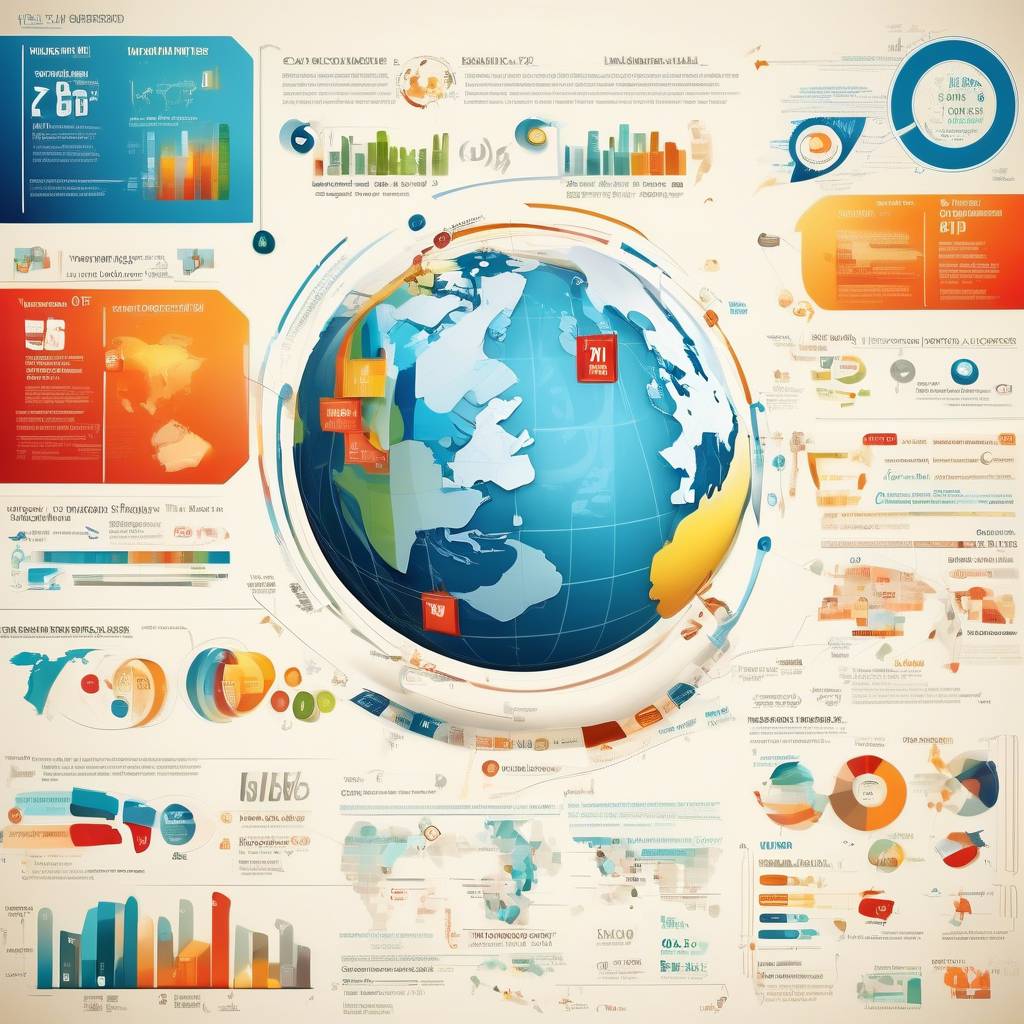The lack of universal internet access is a significant issue in many regions around the world, with only 42% of people in South East Asia and 34% in Africa having access to the internet. This limited access to the internet leads to economic disparity, reduced literacy rates, limited educational opportunities, and other challenges. Meta, a major technology company, is working to connect the world in order to address these issues and maximize its business opportunities. Projects like Starlink are also important for global development, as universal internet access is crucial for addressing inequity and other related problems.
The lack of internet access has far-reaching consequences, impacting various aspects of society and hindering development in many regions. Without universal internet access, inequity persists and leads to a range of other problems. Addressing this issue is crucial for creating a more equitable and inclusive society and unlocking opportunities for education, economic growth, and social development. By expanding internet access, individuals and communities can access new opportunities and resources that can help improve their quality of life.
Meta’s efforts to connect the world are driven by both a desire to address social issues and a recognition of the business opportunities that universal internet access presents. By expanding internet access, Meta can reach new users and markets, drive online engagement, and increase its influence and presence on a global scale. Additionally, projects like Starlink, which aim to provide internet access through satellite technology, are key to extending connectivity to remote and underserved areas where traditional infrastructure may be lacking.
The team from Visual Capitalist has compiled data on internet access around the world, shedding light on the disparities and challenges that exist in different regions. These statistics underscore the importance of ongoing efforts to improve internet access globally and highlight the work that still needs to be done to bridge the digital divide. By understanding the current state of internet access worldwide, we can better assess the impact of technology on society and identify areas where intervention and support are needed to ensure that all individuals have equal access to the benefits of the internet.
As the digital revolution continues to transform the way we live and work, ensuring universal internet access becomes increasingly critical. The internet is a powerful tool for education, economic development, communication, and social connection, and its benefits should be available to all. By working towards connecting the world and addressing the barriers to internet access, we can foster greater equality, opportunity, and inclusivity in society. This requires collaboration between governments, businesses, and organizations to invest in infrastructure, technology, and policies that support universal internet access and promote digital literacy.
In conclusion, the issue of internet access is a complex and multifaceted challenge that requires a coordinated and comprehensive approach to address. Meta’s efforts to connect the world, alongside projects like Starlink and other initiatives, are key steps towards expanding access to the internet and bridging the digital divide. By understanding the impact of limited internet access on society and recognizing the potential benefits of universal connectivity, we can work towards creating a more equitable and inclusive world where everyone has the opportunity to participate in the digital age.









